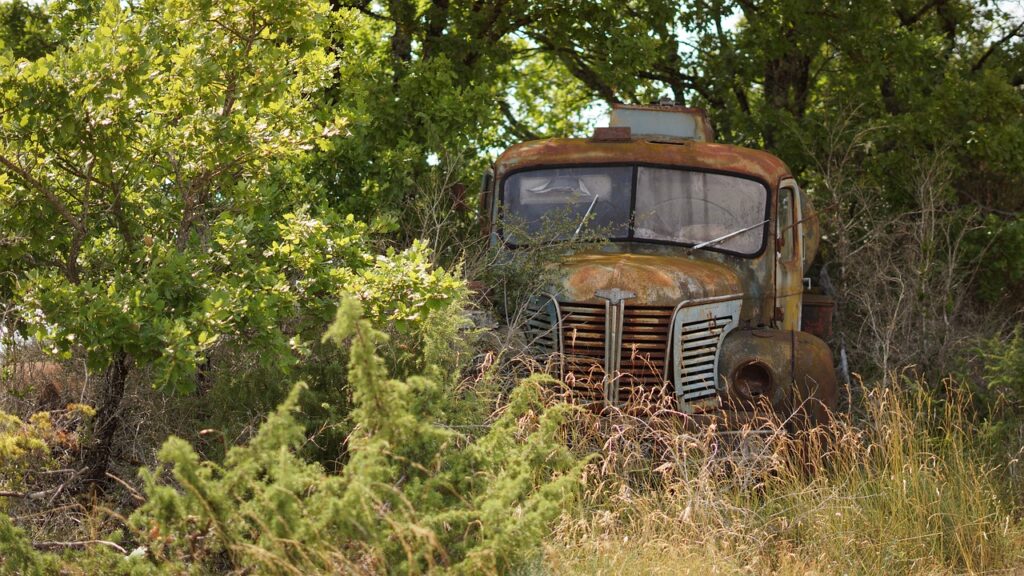More expensive electricity and energy products are not (only) the result of the war in Ukraine but are part of the failed national and international policies that have been waging a war against fossil fuels for the last three decades. The climax was the Paris Agreement (2015). It seems that those who claimed that the agreement of the statesmen on climate change at the conference in Paris is one of the most dangerous things for humanity were right.
In recent years, progressivism has taken the madness to the extreme: capitalism is to blame for pollution and the resulting climate crisis. If we eliminate capitalism, driven primarily by the oil industry, we will save the planet. The left has turned purely scientific questions about global warming and climate change into an identity marker for its ideology. Climate change is now associated with: wars, poverty, exploited workers, individual enrichment, weapons, hunger. There is no topic that cannot be linked to climate change. Everything has the same culprit: destruction of forests, water pollution, heat waves and natural disasters are to blame for neoliberalism with the free market. That is why they advocate the abolition of private property because they will save the environment from evil capitalists.
But the real question is whether the elimination of fossil fuels would bring progress or regression to the Middle Ages, which the leftists describe as dark. Is this what the left wants? Back to the centuries and millennia of a decarbonised world? An earth with 8 billion people would not survive, most of humanity would die, others would live in poverty and shortage. And maybe what leftists fear is exactly what they want? Poverty, hunger, shortage. So, it is much easier to rule than the people who enjoy the prosperity of today’s Western world.
The (un)intended consequences of the rampage of progressive and self-proclaimed environmentalists, who will free the world from crude oil (fossil fuels), would of course first mean a lack of propellants. But that would be the least of the problems. The supply of, or even the elimination of, a range of products made from or with the help of crude oil would be restricted (to paraphrase engineer Ronald Stein).
Asphalt
Asphalt also occurs in nature, but most of the asphalt used for roads today comes from crude oil. It is the heaviest part of crude oil – what remains after distillation. Today, it covers approximately 65 million kilometres of roads worldwide.
Tires
Natural rubber is used to manufacture tires, but synthetic rubber, which is made from petrochemical raw materials, predominates today. The primary raw material is crude oil. There are around 1.4 billion vehicles in the world.
Fertilizers
One of the by-products of oil refining is petroleum coke. With more than 80 percent carbon, petroleum coke is essential for fertilizer production. Fertilizers are essential to feed the world’s 8 billion people.
Medical material
Much of the medical equipment used today, many of which are lifesaving, is made from petroleum. Not only are heart valves and artificial limbs made from petroleum, much of the cleaning and safety products used by medical personnel are made from petrochemical raw materials. Aspirin and other medications also contain petroleum.
Reactive fuels
Jet-powered aircraft use only fuel derived from crude oil.
Merchant ships
More than 53,000 merchant ships that sail around the world and deliver commercial goods sail with the help of crude oil.
Plastic
The primary raw material for plastics is crude oil. Not only shopping bags are made of plastic, but almost all products, including cars.
Renewable resources
Wind turbines and solar collectors that obtain energy from renewable sources are made from petroleum products.
If humanity were to give up fossil fuels, it would be giving up most of the progress of the last 100 years. The inventions of the automobile, the airplane, and the use of oil in the early years of the 20th century brought us into the Industrial Revolution. “Rich countries today have more than 6,000 products that did not exist a few hundred years ago, all of which are made from petroleum products,” said Stein.
Because of crude oil we enjoy prosperity like never before, life expectancy has increased, infant mortality has decreased, because of oil we travel farther and faster. What would follow if this were abandoned (a return to paving roads and highways with granite blocks would prove to be a minor problem) can be seen in the poorer countries where 11 million children die each year. All because these (decarbonised) countries do not have or have limited access to petroleum products.
By: Kavarna Hayek


